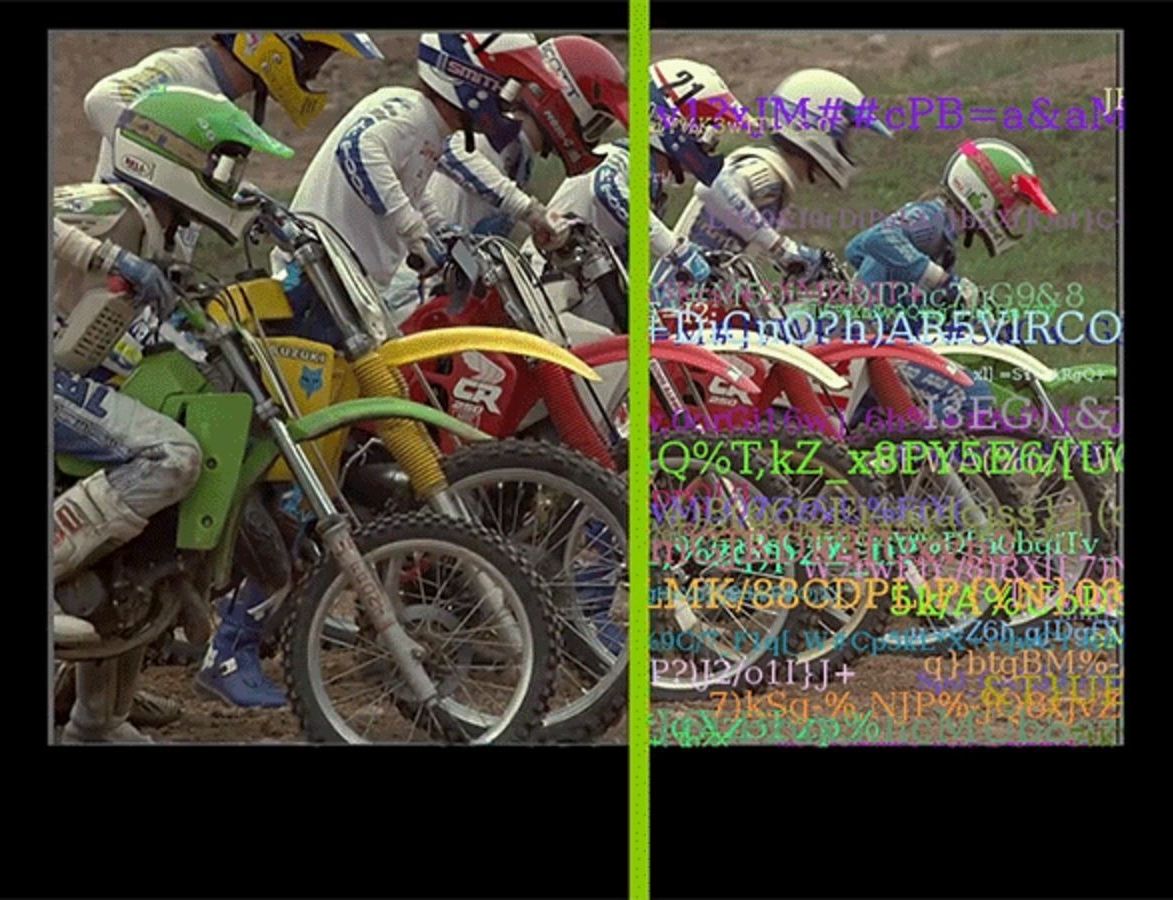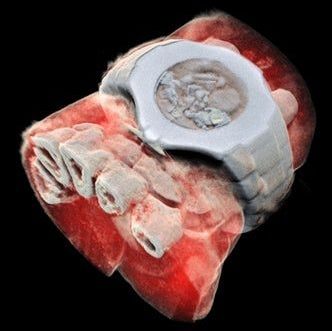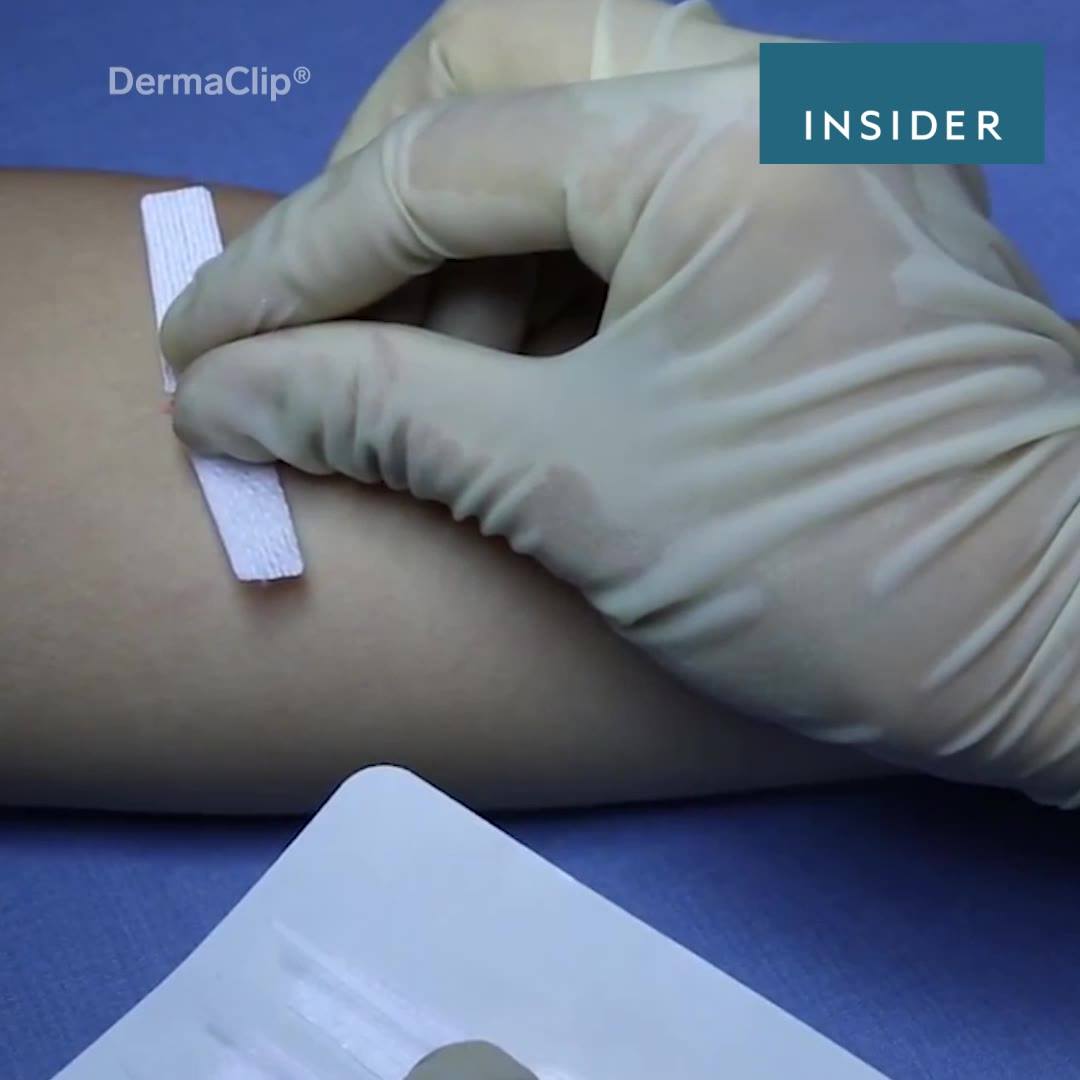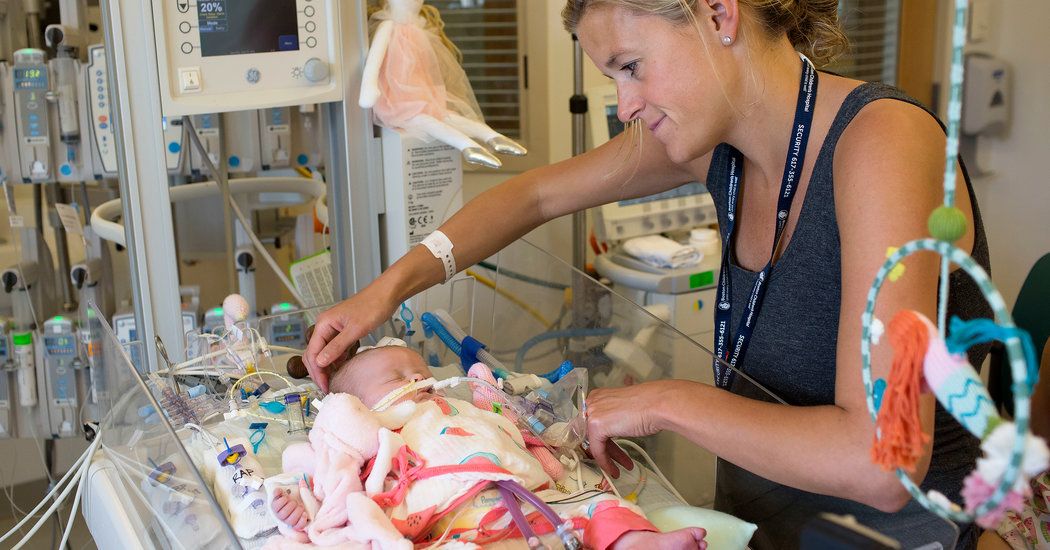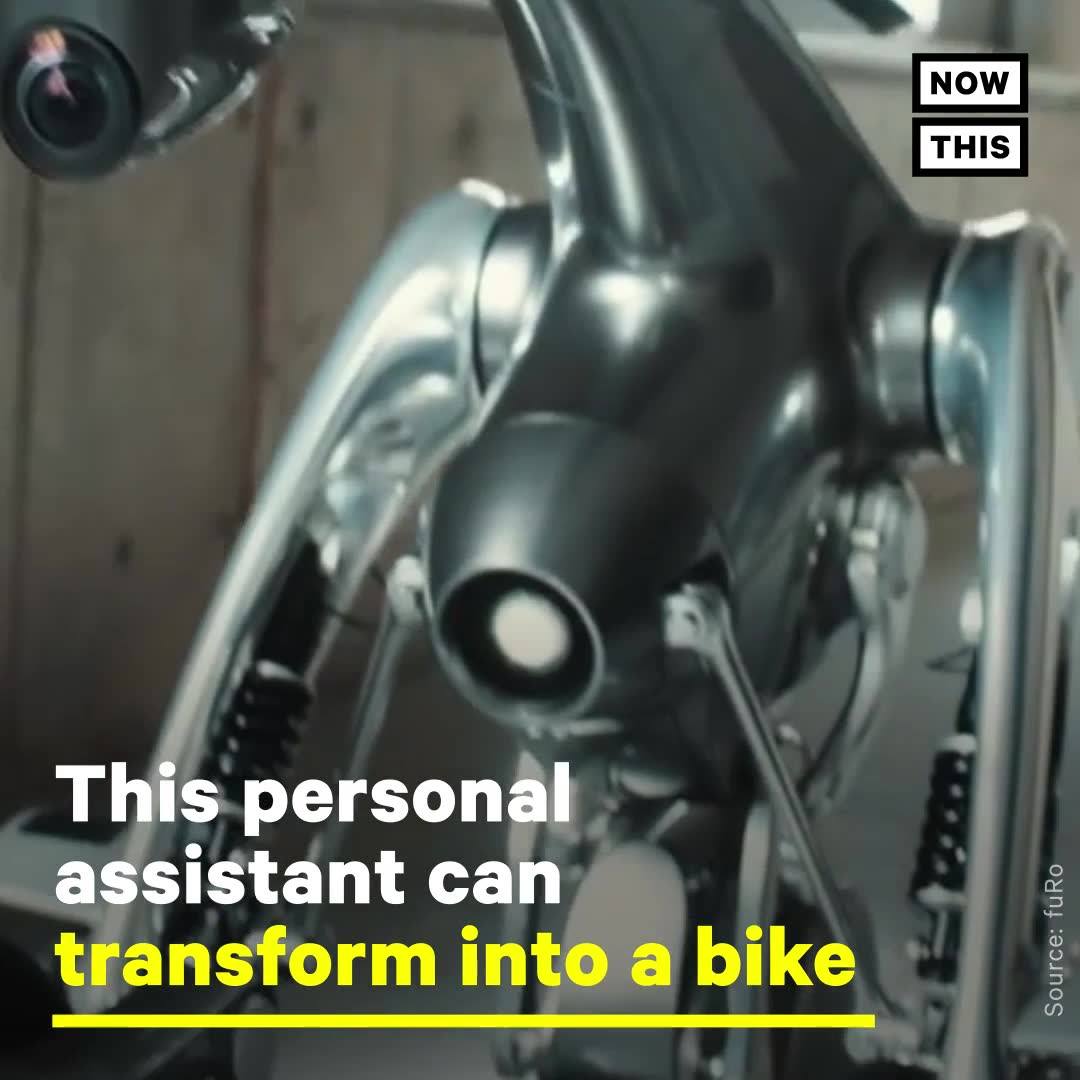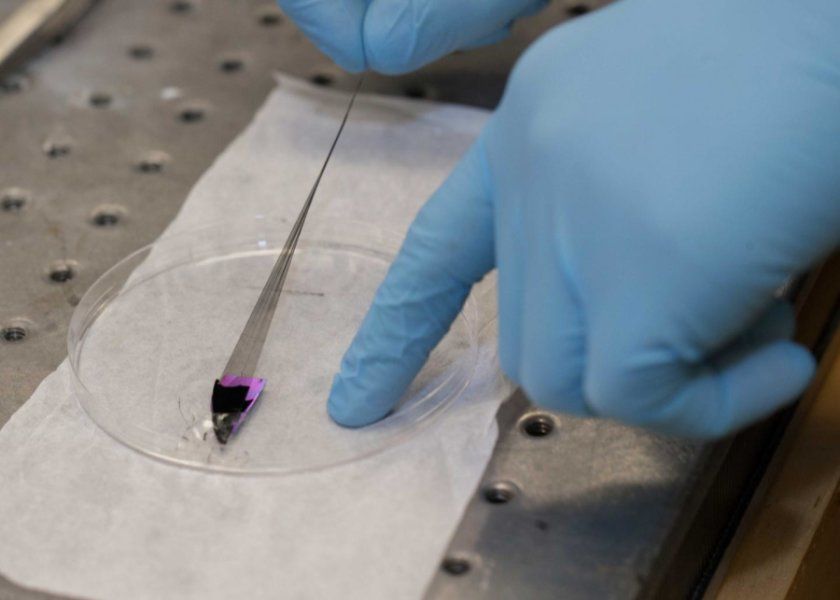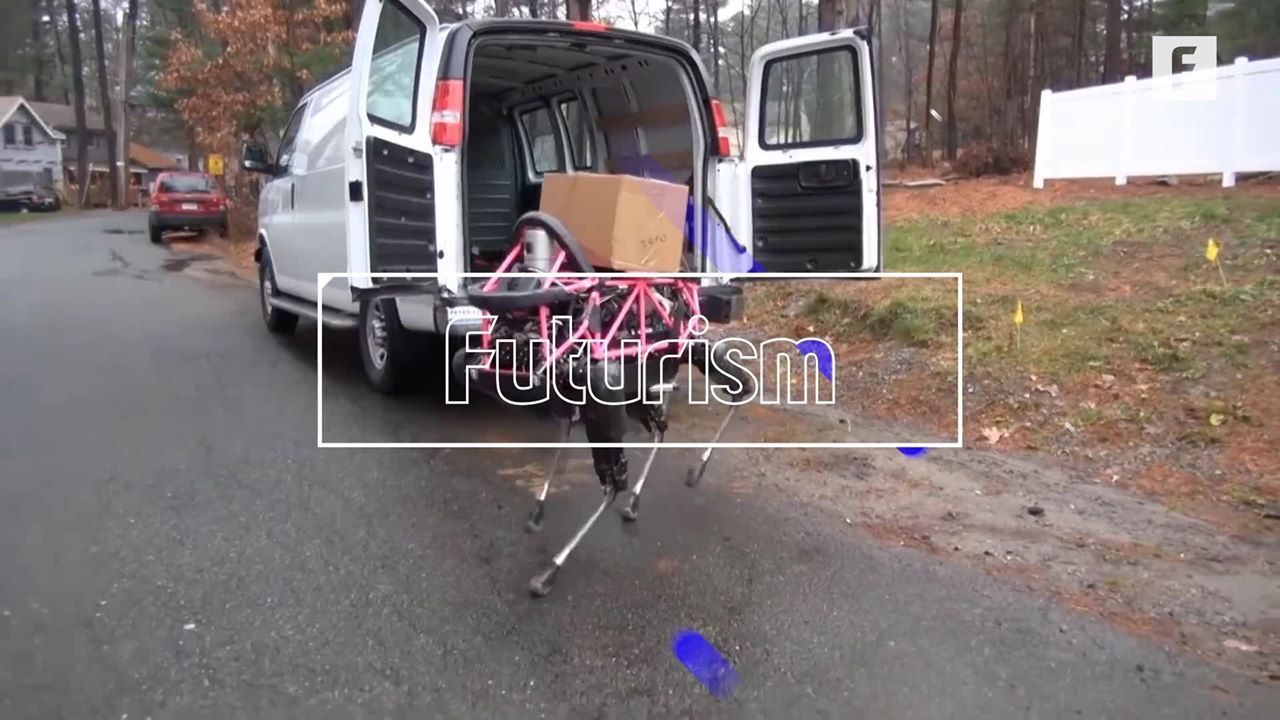Jul 11, 2018
New DNA Synthesis Method Could Soon Build a Genome in a Day
Posted by Klaus Baldauf in categories: bioengineering, biotech/medical, computing
Synthetic biologists are the computer programmers of biology. Their code? DNA.
The whole enterprise sounds fantastical: you insert new snippets of DNA code—in the form of a chain of A, T, C, G letters—into an organism, and bam! Suddenly you have bacteria that can make anti-malaria drugs or cells that can solve complicated logic problems like a computer.
Except it’s not that simple. The basis of synthetic biology is DNA—often a lot of it, in the form of many genes. Making an average gene from scratch costs several hundreds of dollars and weeks of time. Imagine a programmer taking a month to type a new line of code, and you’ll likely understand a synthetic biologist’s frustration.
Continue reading “New DNA Synthesis Method Could Soon Build a Genome in a Day” »

